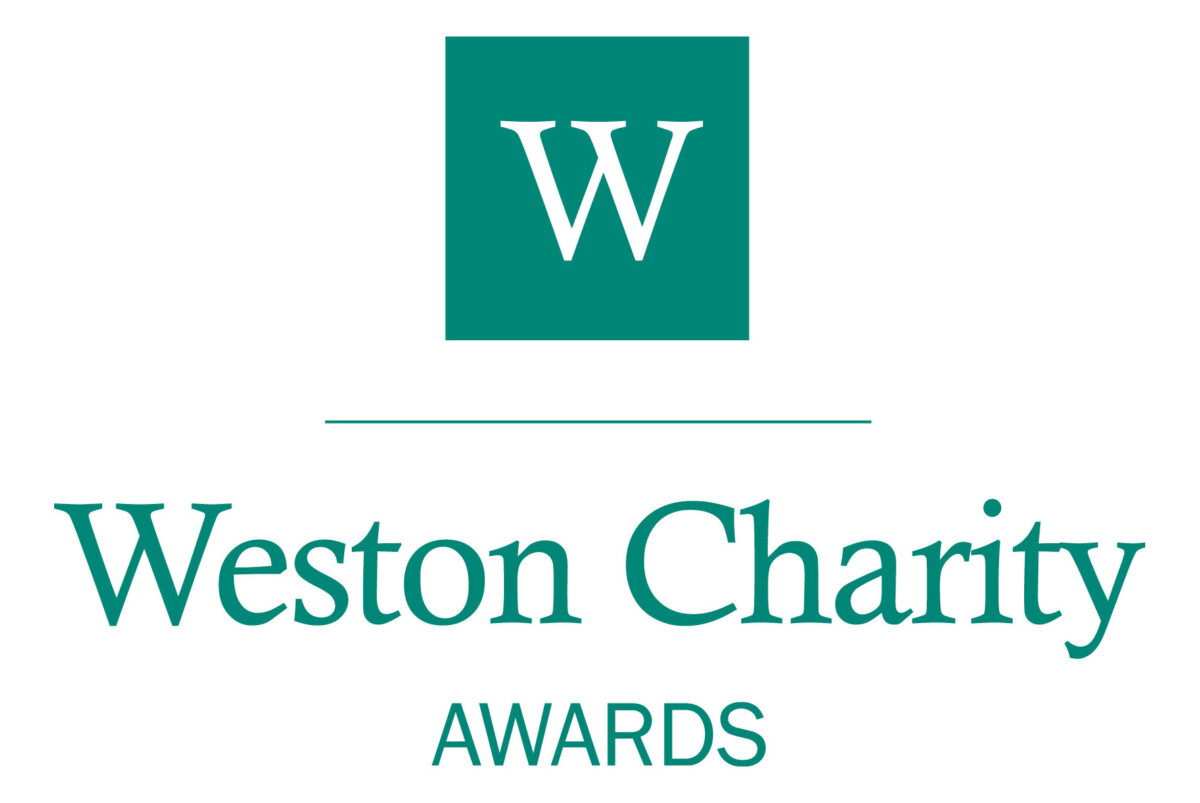CAF Resilience Programme shares first findings
The CAF Resilience Programme, aimed at testing how CAF and others in the sector can help small charities develop and become more resilient, has shared its first findings in a new report.
The CAF Resilience Programme sees ten small to medium sized charities across the UK receive grant funding and bespoke advice and training for two years, funded by philanthropists. The first cohort of three charities have just completed their first year. The selected organisations have also formed a learning community, working with CAF to encourage further philanthropic giving that supports the programme’s goal.
Beth Clarke, manager of the programme explained:
“We see the programme as the starting point for a wider campaign, one that creates an environment where smaller charities know what they need to become more resilient. We hope that charities will feel emboldened to convey these needs with clarity and urgency to the wide array of funders who assist their vital work.”
The report, How funders can do more to support the resilience of small charities, includes insights from the charities involved as well as core recommendations for funders.
It found that several charities concluded that delivering on their mission meant doing less and not more, with a renewed focus on quality and impact. One programme partner – Home Start Lincolnshire – stopped delivering work that wasn’t vital to their vision, in order to focus on what really matters to the families they support.
It also reveals managing income generation to be one of the most stubborn challenges CAF Resilience partners faced. The Link CIC – an organisation supporting the mental health of young people and their families – used some of their grant to buy in external bid writing support, but work on the programme led them to instead try upskilling delivery staff, plus fund a few extra hours each month to develop relationships with schools that could pay for their services. After just six months, they had three times as many schools contracted for their services and a robust pipeline.
Clarke added that while it might not be the first thing people think of when they plan to fund a charity, this approach to building for the future is critical, as is inspiring more major donors to support charities in this way.
Advertisement
“This will ensure that these services that so many people depend upon will survive. In uncertain times, organisational resilience has perhaps never been more crucial for small charities across the UK.”
The report’s recommendations include:
- Fund small charities to focus on their organisational strength and resilience: time with an independent advisor will help them to identify what they really need.
- Build long-term relationships with small charities: multi-year funding with agreed outcomes but flexibility offers stability as charities come to grips with their plans to become more resilient for the future.
- Show confidence in small charities and create an atmosphere of honesty: encourage the charity to be honest about what does or doesn’t work and where their skills gaps lie.




